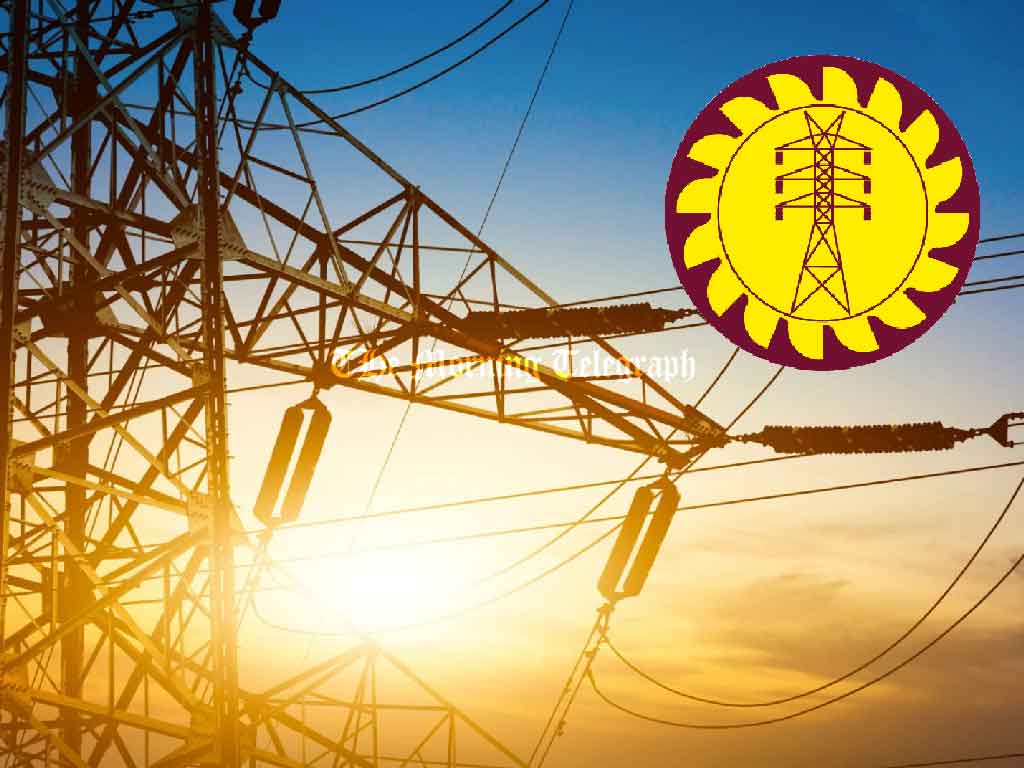
Ceylon Electricity Board (CEB) Media Spokesperson Dhanushka Parakramasinghe has stated that Sri Lanka is poised to experience a significant surge in electricity demand in 2025, making it impractical to reduce electricity tariffs in the near future. Speaking to the media, he explained that forecasts indicate an additional 1,000 gigawatt-hours of electricity will be required in 2025 compared to the current year.
Parakramasinghe outlined that electricity consumption patterns reveal a growing trend, with daily consumption currently ranging between 45 and 47 gigawatt-hours. This rising demand, coupled with limited resources, poses significant challenges for the CEB in maintaining affordable electricity tariffs.
The CEB plans to submit a detailed data report to the Public Utilities Commission of Sri Lanka (PUCSL), highlighting the projected increase in demand and associated costs. This report will serve as the basis for any discussions on revising electricity tariffs. However, Parakramasinghe clarified that no tariff reduction is feasible within the next six months due to mounting operational costs.
Hydropower generation, a key source of electricity in Sri Lanka, is currently performing well. However, the country is expected to face dry weather conditions in early 2025, particularly in January, February, and March. This shift in weather patterns will significantly impact hydropower production, forcing the CEB to rely more heavily on fuel and coal-fired power plants.
Parakramasinghe emphasized that the current capacity of hydropower facilities will be insufficient to meet the projected demand for next year. Operating thermal power plants, which use imported fuel and coal, will likely lead to higher production costs, further challenging the possibility of reducing electricity bills for consumers.
The media spokesperson reiterated the importance of preparing for the increased demand, stressing that measures must be taken to ensure a stable electricity supply while addressing the financial strain caused by escalating production expenses.




